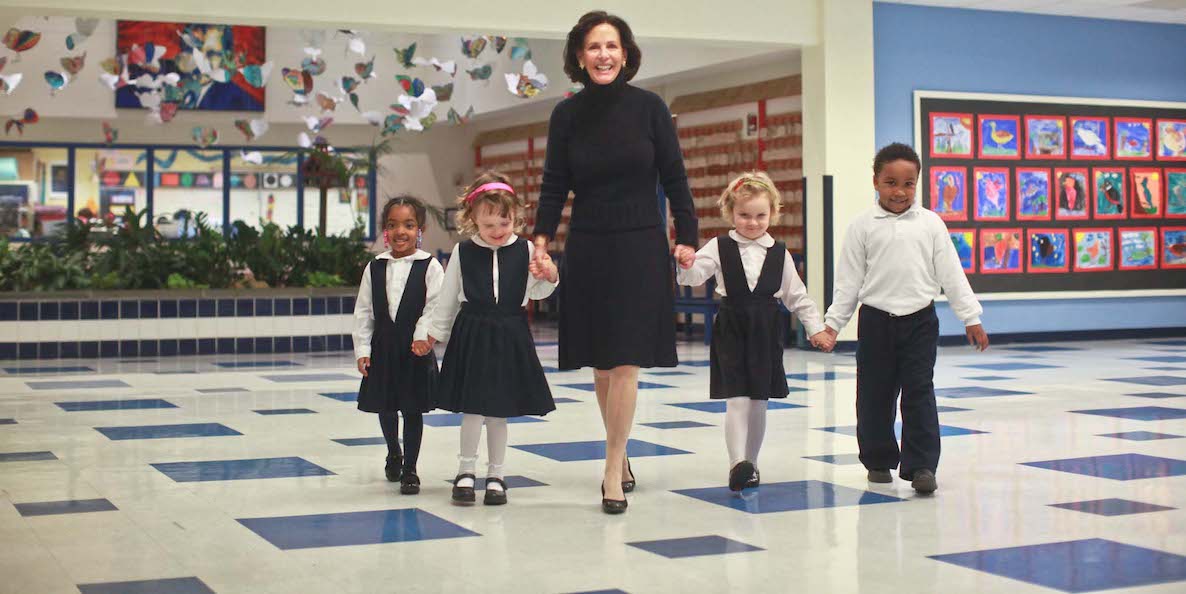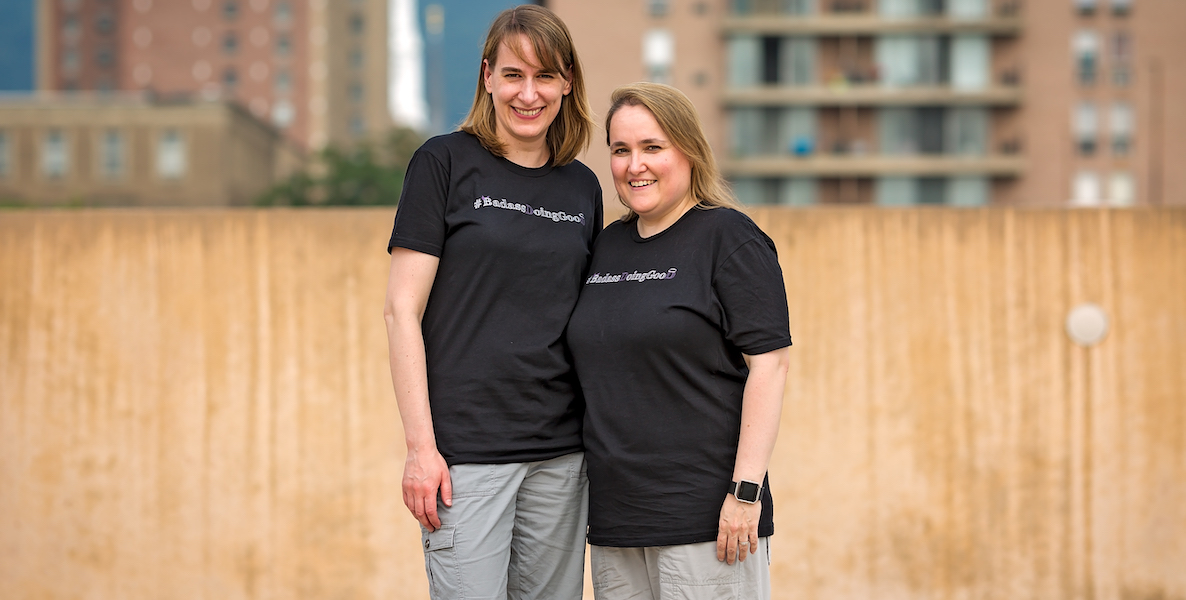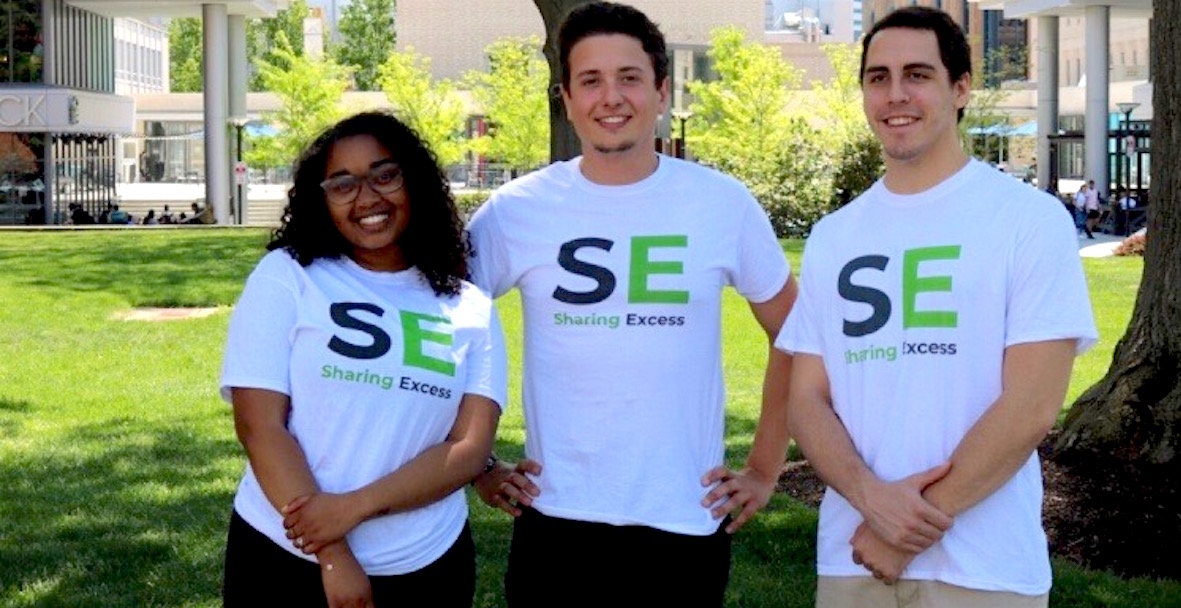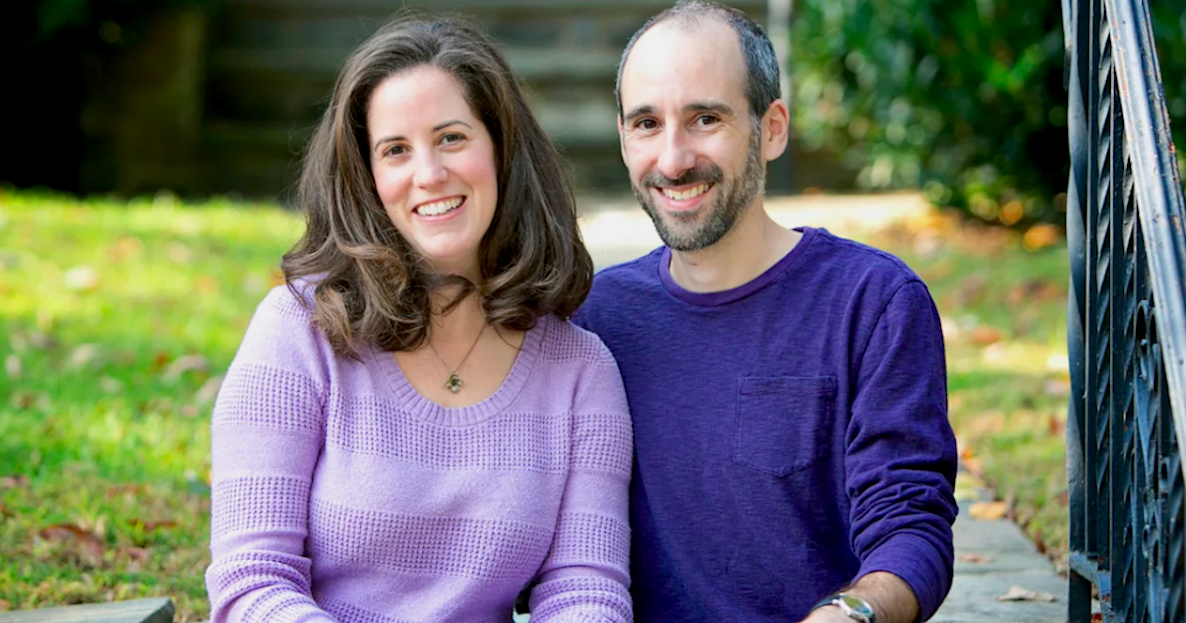When Debbie Sasson (nee Freidman) left for a Delaware overnight camp at age eight, she had no idea that it would lead to the kind of transformative friendships that would stay with her through adulthood. “It was life-changing to feel a part of a group of girls at such an important age,” she says.
Many summers later, while working as a counselor at another camp in Cape Cod, Debbie met Eric Sasson, then the assistant director of Windgate Kirkland Camp—who’d ultimately become her husband.
But first, Debbie worked as a middle school counselor, then pursued a doctorate in clinical psychology. Then, in 2003, she married Eric. And in 2008, when Eric was tapped by CampGroup to launch a new camping program, he knew Debbie would be the perfect partner to help him make it as meaningful to potential campers as her summers had been to her.
At Camp Akeela, there’s a strong value placed on embracing quirkiness, rather than shunning it or tamping it down.
The couple’s approach: Create a summer home for kids who don’t always have the easiest time making friends, and be intentional about helping them. They both thought of the kids they’d worked with over the years who’d had a hard time succeeding in a traditional camp setting; they realized that those children could thrive, if only they were given the right resources.
![]()
So they got to work, dreaming up and bringing to life Camp Akeela, a three-and-a-half-week overnight experience in Thetford, VT, where 120 campers from grades three through 10 can have a camp experience in a low-pressure, nurturing environment that eases social interactions.
Debbie describes the Camp Akeela approach as providing “more scaffolding” for social situations. For example, at Camp Akeela they put an emphasis on helping their campers figure out the process of making friends, something that comes naturally to others, step-by-step: things like wearing a clean shirt, making eye contact, and finding a common interest are all small steps to making a friend at camp, and things that Camp Akeela helps campers navigate. Counselors are hand-picked by Debbie and Eric, and the ratio of counselors-to-campers is more than one adult for every two campers.
“When everyone is respectful and caring, from the staff, to counselors, to the campers, you can create a community that prospers,” Debbie says. There’s a strong value placed on embracing quirkiness, rather than shunning it or tamping it down.
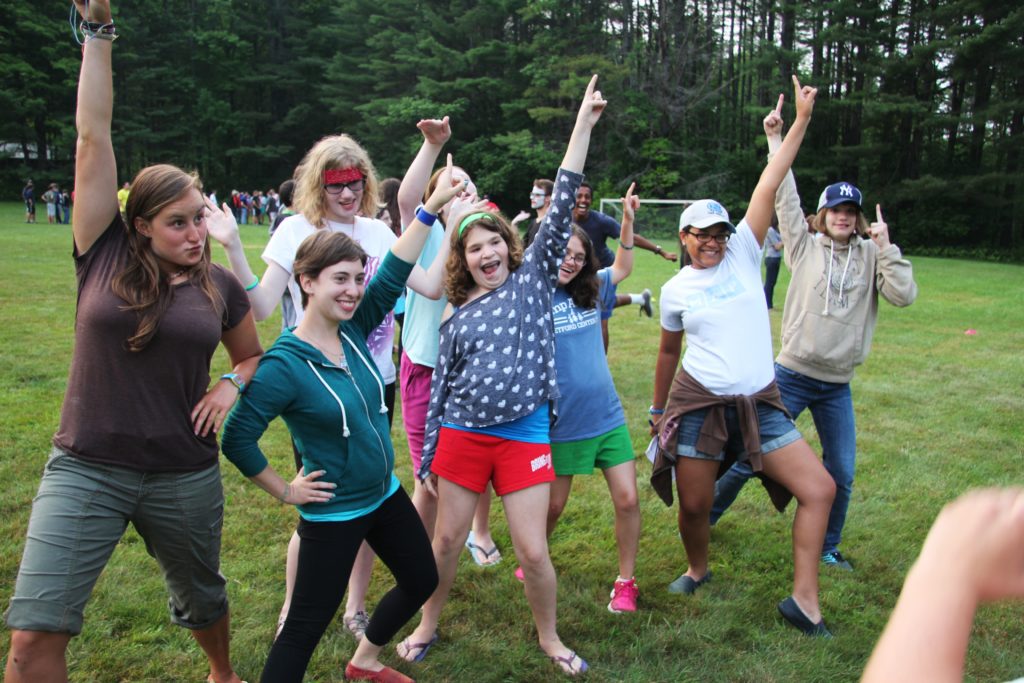
Mealtime is also an important bonding—and growth—opportunity. The Sassons wanted everyone to be able to eat together, instead of having meal shifts. Many kids at Camp Akeela might ordinarily have trouble in large groups with a lot of noise, but the small size of the camp allows everyone to come together for meals without it being overwhelming.
“It’s one place where they don’t have to fit the normal mold and are able to be quirky. That feeling is transformative,” says Debbie Sasson.
While many traditional overnight camps tout their inclusivity, that label can be misleading, Debbie says, when camps aren’t actually equipped to support campers with different social needs. “Sometimes camps are doing a disservice by saying they are inclusive, but then not addressing specific concerns once campers get there,” she says. “The neurotypical world is taxing and making [kids] fit into that world is frankly not helpful.”
Belinda Vogl, who lives in Lower Merion, says her son is about to embark on his third Camp Akeela summer. Vogl went to sleep-away camps as a kid and wanted her son to have the same experience, but she knew he would not have been happy at a traditional camp. One night, while Googling “Asperger’s” and “camp,” she found Camp Akeela. After watching a video on the camp website she knew this was the place for her son.
![]()
She was right: After his first summer there, Vogl says, “He was a different kid. He had a little more confidence, and was certainly happier, which is the most amazing thing you can give your kid.”
Since Camp Akeela’s inception, the Sassons have expanded their programming to be able to include 11th graders who’d previously grown out of the camp but wanted more. Now, in addition to their facility in Vermont, they have a second campus in Appleton, WI, for older campers who are transitioning to college and life after high school. Their summer focuses on learning how to be independent, and developing skills like filling out job applications, doing laundry, cooking, and more. Tuition for the Vermont camp is $7,700; the Wisconsin program is $3,800. (Neither fee is staggering relative to other popular overnight camps: At Camp Wayne For Boys in northeastern Pennsylvania, by comparison, four weeks cost $8,200 and seven weeks cost $12,400.)
“You talk to them and you can just tell that their heart and every fiber of their being is focused on these kids and helping them feel comfortable with who they are,” Vogl says of the Sassons. “It’s a really difficult thing to figure out, and they do it—perfectly.”
“It’s one place where they don’t have to fit the normal mold and are able to be quirky. That feeling is transformative,” says Debbie.
Debbie felt that first sense of sisterhood at summer camp, and now campers at Camp Akeela also derive this same sense of community and growth. Vogl’s son certainly feels it. “I know that when he is there, my son knows that people get him,” she says.
Photo via Camp Akeela



